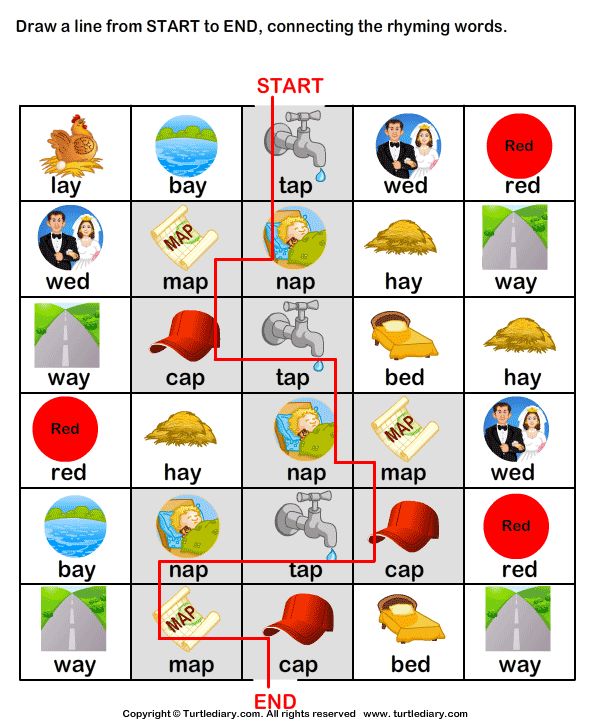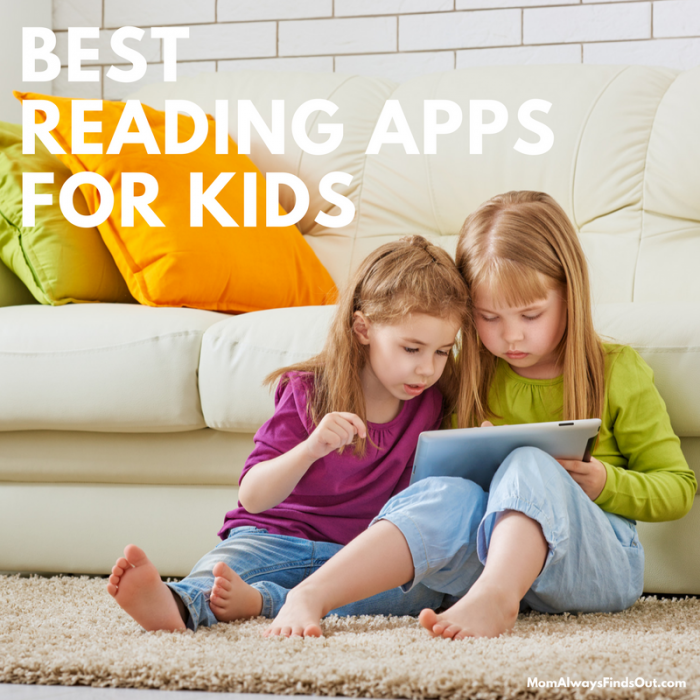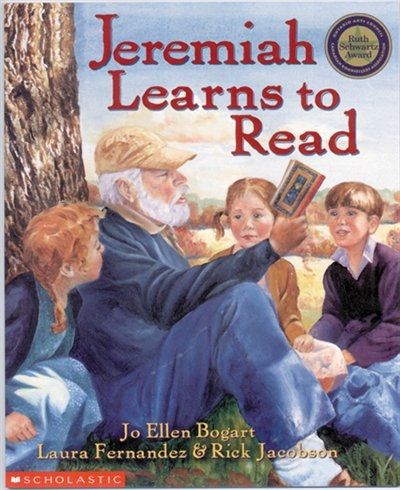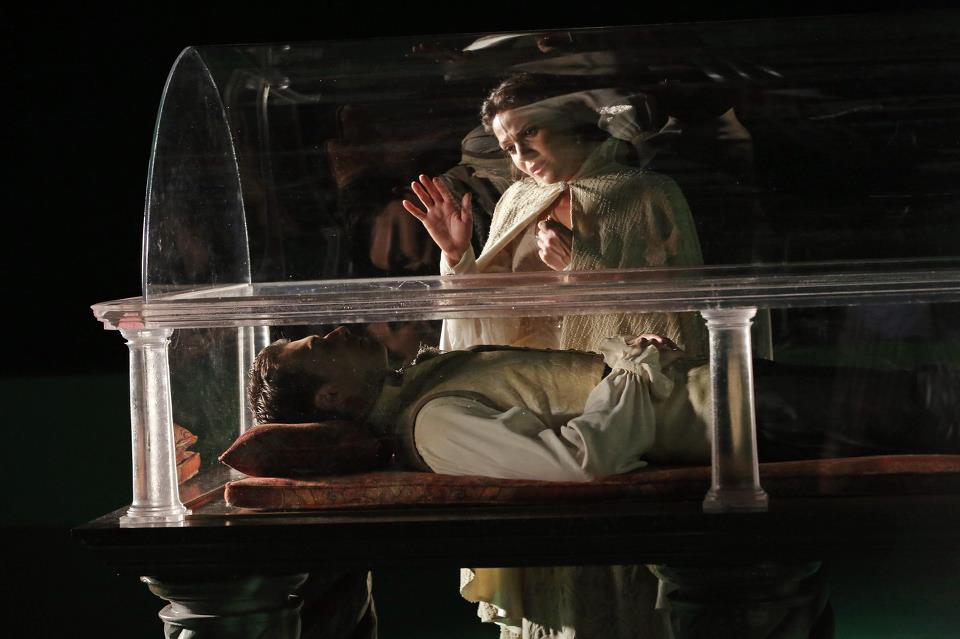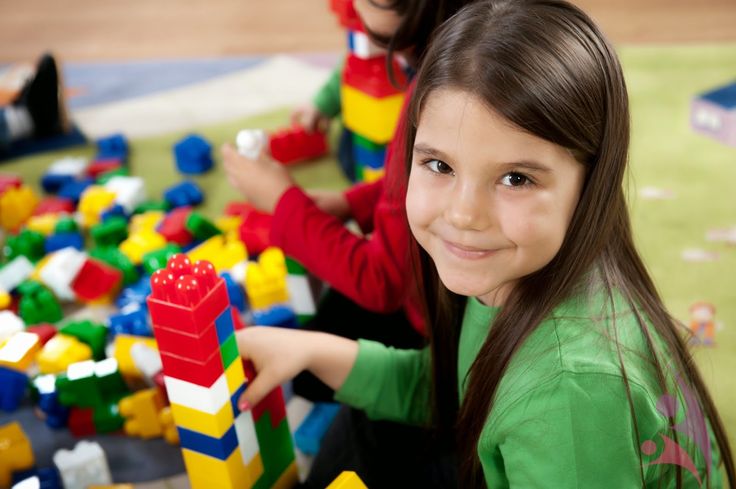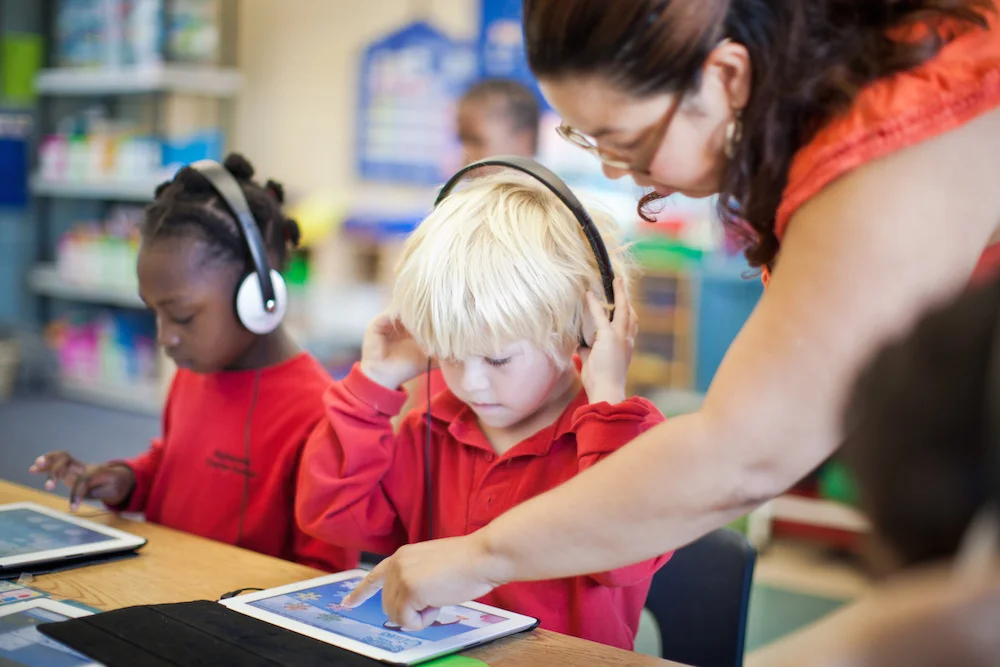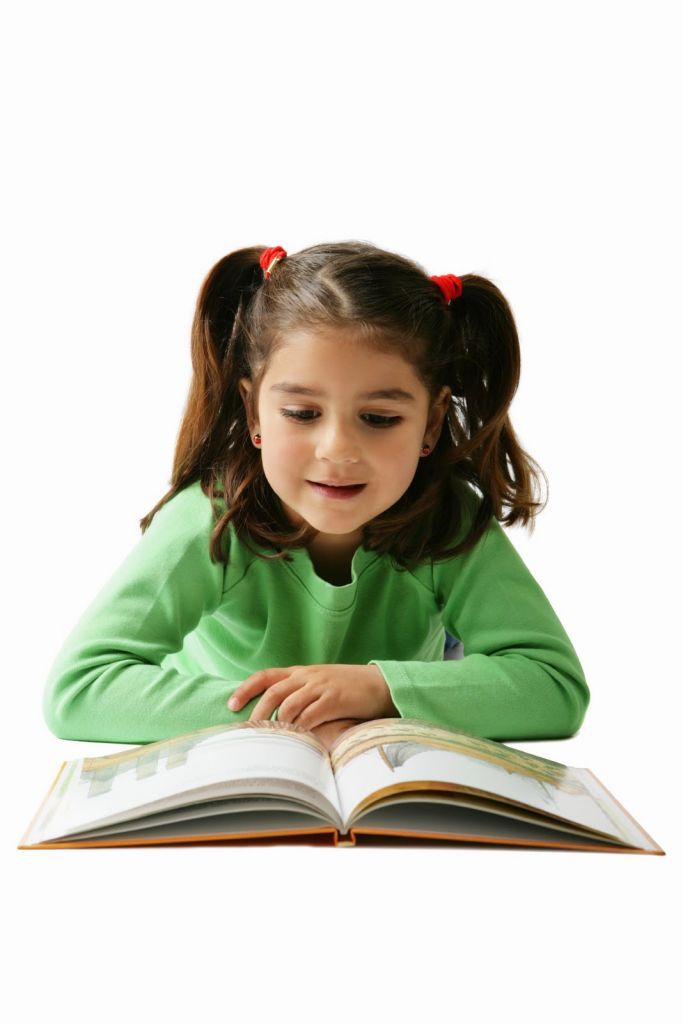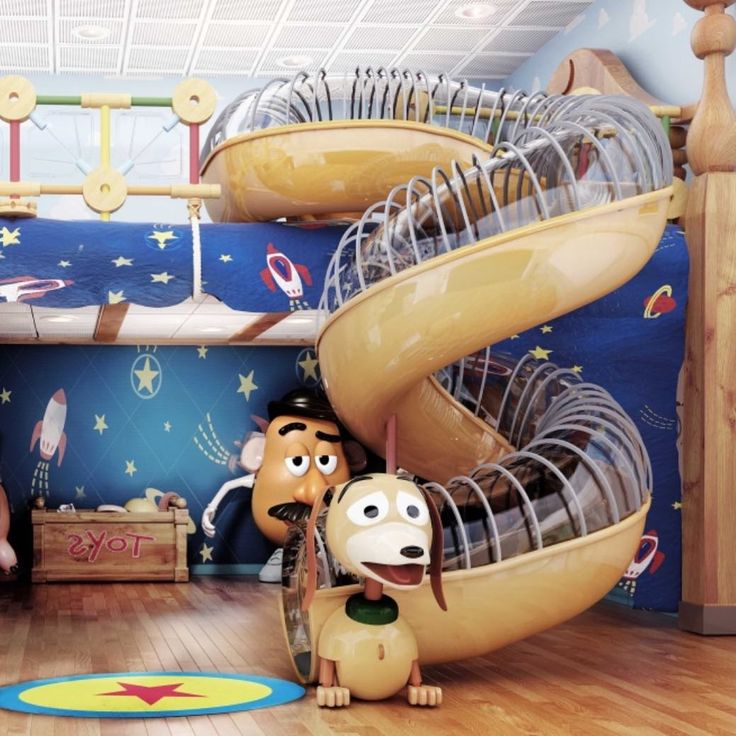Play rhyming words
238 best rhymes for 'play'
1 syllable
- A
- They
- Say
- Way
- Day
- Stay
- May
- Pay
- Yea
- Hey
- Pray
- Lay
- Gay
- Spray
- J
- K
- Slay
- Ray
- Grey
- Ne
- Bay
- Stray
- Sway
- Cray
- Clay
- Che
- Tray
- Fray
- Fe
- Tae
- Flay
- Chez
- Whey
- Bray
- Vey
- Spay
2 syllables
- Away
- Da'
- Da
- Today
- Okay
- Ok
- Birthday
- Dj
- Someday
- Friday
- Sunday
- Display
- Replay
- Kobe
- Obey
- Decay
- Highway
- Monday
- Ba
- Astray
- Delay
- Halfway
- Ca
- Cliche
- Ole
- Oj
- Betray
- Portray
- Hallway
- Relay
- Freeway
- Uk
- Tuesday
- Ek
- Dismay
- Repay
- Stairway
- Thursday
- Andre
- Payday
- Ga
- Convey
- Foreplay
- Mayday
- Bombay
- Subway
- Ave
- Driveway
- Essay
- Doomsday
- Ashtray
- Este
- Gateway
- Buffet
- Sensei
- Jose
- Runway
- Fillet
- Ebay
- Pathway
- Entre
- Doorway
- Array
- Filet
- Cafe
- Broadway
- Ballet
- Wednesday
- Bouquet
- Hooray
- Survey
- Forte
- Dante
- Reggae
- Toupee
- Gourmet
- Dalai
- Cache
- Dolce
- Passe
- Valet
- Parte
- Melee
- Entree
- Outweigh
- Leeway
- Dovey
- Madre
- Allday
- Sundae
- Olay
- Norway
- Hyundai
- Ente
- Dk
- Galway
- Airway
- Weekday
- Pele
- Latte
- Parlay
- Sorbet
- Hurray
- Padre
- Andrei
- Railway
- Midday
- Francais
- Rene
- Horseplay
- Heyday
- Foray
- Souffle
- Parkway
- Ramsay
- Swordplay
- Speedway
- Segue
- Screenplay
- Ponce
- Hearsay
- Defray
- Walkway
- Parfait
- Monet
- Midway
- Workday
- Saute
- Safeway
- Kente
- Segway
- Laissez
- Hairspray
- Gameplay
- Downplay
- Ridgeway
3 syllables
- Everyday
- Anyway
- Yesterday
- Versace
- Aka
- Ama
- Saturday
- Holiday
- Dna
- Runaway
- Getaway
- Usa
- Beyonce
- Kkk
- Nba
- Disobey
- Ricochet
- Cia
- Alleyway
- Anime
- Disarray
- Vertebrae
- Jfk
- Sta
- Faraway
- Lingerie
- Castaway
- Chevrolet
- Layaway
- Fiance
- Underway
- Chardonnay
- Protege
- Hideaway
- Aaa
- Throwaway
- Straightaway
- Baa
- Hemingway
- Giveaway
- Zimbabwe
- Breakaway
- Rna
- Ita
- Aba
- Underplay
- Philippe
- Fda
- Allende
- Pistole
- Passageway
- Overstay
- Matinee
- Ira
- Stowaway
- Overlay
- Namaste
- Hardaway
- Expressway
- Tanqueray
- Picante
- Enrique
4 syllables
- Cama
- Cabriolet
- Guadalupe
- Mcconaughey
Want to find rhymes for another word? Try our amazing rhyming dictionary.
If you write lyrics you should definitely check out RapPad. It has tons of useful features for songwriters, lyricists, and rappers.
Words That Rhyme With "Play"
Rhymes | Synonyms
include near rhymes
Filter Resultsshow rare words
show proper nouns
show consonances
All|Nouns|Verbs|Adjectives|Adverbs
1 syllable:
a, ay, bay, bey, blae, blay, brae, braies, bray, brey, cay, chay, Che, clay, Cray, day, dray, drey, fay, Faye, fey, flay, fley, frae, fray, Frey, gay, Gaye, gey, gray, greige, grey, griege, hae, hay, haye, hey, Jae, jay, Jaye, Kaye, lait, lay, lei, ley, may, Maye, nay, neigh, Ney, pay, Paye, Pei, pray, prey, quai, quey, Rae, ray, say, scray, seay, shay, Shea, slay, sleigh, sley, spae, spay, splay, spray, stay, stey, stray, sway, tae, Tay, they, tray, trey, way, Wei, weigh, wey, whey, yay, yea
2 syllables:
abbe, Aday, adret, affray, allay, array, astay, astray, Augier, away, aweigh, balche, ballet, Beauvais, belay, Benet, betray, bewray, bidet, Binet, Bombay, bouchee, boucle, bouquet, broche, buffet, cafe, cahier, Calais, callais, carnet, Cathay, chalet, chevee, chevet, chine, cliche, cloque, coday, convey, corvee, Countee, crochet, croquet, d'orsay, da, Daudet, Daumier, decay, defray, delay, deray, dernier, dismay, display, distrait, dossier, Douai, dovey, dragee, embay, epee, essay, estray, filet, fillet, flambe, formee, frappe, gelee, gilet, halfway, Hervey, hooray, hurray, Imlay, inveigh, issei, Jose, kibei, koine, Lome, lycee, mamey, Manet, manque, Mckay, Millais, Millay, mislay, misplay, moire, Monet, Monnet, nisei, obey, ok, okay, Olay, outplay, outre, outstay, palais, parfait, parquet, passe, Poitiers, portray, prepay, puree, purvey, Ramee, Rene, Renee, rentier, repay, replay, risque, Roget, roue, sachet, sashay, saute, soigne, soiree, sorbet, souffle, strathspey, stupay, survey, today, Tokay, toupee, toupet, unlay, unsay, valet, Vouvray
3 syllables:
allonge, antigay, applique, attache, cabaret, cabasset, Cabernet, camouflet, canotier, cassoulet, champleve, chansonnier, cia, cloisonne, consomme, counterweigh, crudites, decollete, degage, dejeuner, demode, disarray, disobey, dna, dubonnet, ecarte, ecrase, Ellamae, encastre, everyday, Faberge, faconne, faraway, fiance, galoubet, Hogmanay, interlay, intraday, Lavoisier, loupcervier, Lyonnais, Mallarme, Monterey, Monterrey, Montpellier, Montrachet, neglige, negligee, okoume, overplay, overstay, overweigh, Piaget, pourparler, printanier, recamier, rechauffe, redisplay, renverse, resurvey, retrousse, sommelier, tutoyer, underlay, underpay, underplay, underway, usa, veloute, welladay, Yenisei
4 syllables:
avodire, bioassay, cabriolet, charcutier, communique, egalite, eglomise, hiaa, naivete
RHYME SELECTION GAMES - alphabet games
| ONE-SYMBOL RHYMES Develops phonemic awareness
FUNNY ROEMS Develops imagination
I took a pencil, paper And drew (a snag). On a path in the forest Somehow I met (a fox). Today at the entrance I met a cat, Mustache and tail - (Beauty)! Yanochka began to yawn, Come on, quickly to bed)! FAVORITE POEMS Introduces children's poems
Let's build an airplane ourselves, Let's fly over _______. (A. Barto "Airplane")
BOOKS WITH POEMS Develops thinking, listening and speaking skills
DISAPPEARING HOUSE Develops fine motor skills
7 |
Sergeeva T.V., Teacher-speech therapist DOU No. 8, Novouralsk region.
Chain rhyme
OBJECTIVES
- To teach children to answer with a word consonant with the name.
- Learn to feel the rhythm, rhyme.
Teacher
Guys, let's play soon.
We will choose different words!
Say any words, okay?
But only such that it turns out ...
(smoothly).
What words similar in sound can be matched to the word bird?
Children. Titmouse, small, singer.
Teacher. Speaking of bunny?
Children. Know-it-all, dunno, runaway, jumper, runaway.
Teacher. Speaking of cat?
Children. Spoon, bowl, basket, accordion, midge, potato, window, leg, earring, matryoshka.
Teacher. Speaking of mouse?
Children. A bump, a puff, a puff.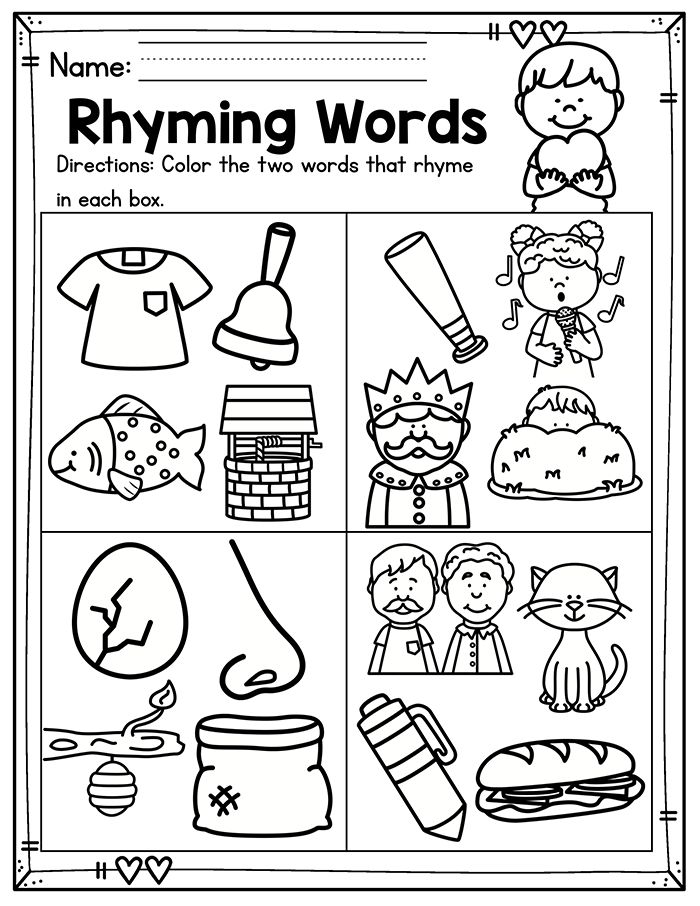
Teacher. Speaking of cancer?
Children. Poppy, tank, varnish, like.
Option
The teacher throws the ball and pronounces a word, the one who catches the ball answers with a word consonant with the name.
Stove - sheep, river.
Bird - titmouse.
Magpie - white-sided.
Bunny - runaway.
Find a pair
GOALS
- To teach children to match words that are similar and different in sound-rhythmic structure.
- Develop visual memory.
Teacher. Connect the words of the two columns so that you get a rhyme.
Edge Grass
Firewood Scallop
Herringbone Hut
Cockerel Needle
White-backed Chanterelle
Bunny Cornflower
Magpie Sister
Flower Titmouse
Bird Coward
Option
Words-pictures can be suggested. Children find a picture that is similar in sound-rhythmic structure.
Game with pictures
OBJECTIVES
- Teach children to match the word - the name of the picture.

- Develop language flair.
First you need to prepare cards with pictures from which you can make rhyming words, for example, a picture of a pipe, another picture of a sponge. All pictures are located on a large table or on a carpet on the floor. Children distribute them in rhymes. For example, near the picture of a river there is a picture of a stove, a donkey is a goat, a cat is a spoon, a watering can is a snake, etc.
Options
1. One child takes a picture, the other finds a picture with a rhyming word. Both say their words out loud. The group repeats.
2. Place pictures face down. Open one picture and say the corresponding word out loud. Whoever can name the rhyming word gets a picture and can open the next one.
3. One picture opens. All children draw an object called a rhyming word. Here the solution is represented by a figure.
Say a word
GOALS
- Teach children to write their own rhyming lines.
Teacher. You already know how to pick up rhyming words. Today we will try to make suggestions.
You already know how to pick up rhyming words. Today we will try to make suggestions.
Where were you, squirrel, walking?
Children
I collected nuts.
Teacher
The squirrel jumped fast,
Children
Lost all the nuts.
Teacher
Whom did you find, hedgehog?
Children
I brought a squirrel to you.
Teacher
Yesterday we played in the forest,
Children
We saw a huge mushroom.
Teacher
A fungus stood aside,
Children
The hedgehog couldn't find it.
Teacher
Like a little hedgehog
Children
Shoes have become torn.
Teacher
And our squirrel
Children
Clean plates.
We are poets
OBJECTIVES
- To teach children to compose quatrains that contain a whole story.
Teacher
The teacher says to Paraska:
“What fairy tales have you read?”
Paraska thinks: "Oh,
I haven't read any!"
And behind someone whispers:
"Turnip!"
Paraska yelled: "Cap!"
Today we will also come up with funny poems.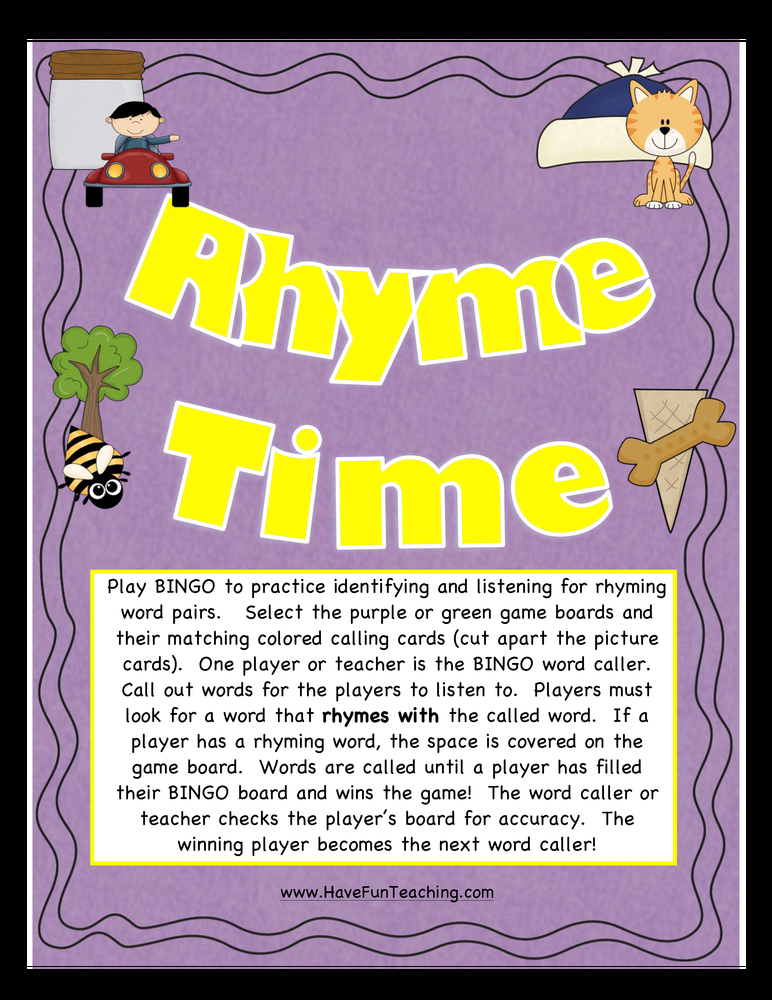 What or who do you want to write about?
What or who do you want to write about?
Children answer.
Let's talk about the cat, let's support Serezha. I will write down what you tell me, and then I will read out what we have done.
Children come up with unexpected situations with a cat by rhyming words.
Children. The cat sat on the window. The cat saw a midge. The cat took a basket and went for potatoes. The cat sat on the window and dangled its legs. The cat put all the spoons in a basket.
Council. The most important thing is not to leave the words of children without attention. And for each word come up with a rhyme.
Stories to Rhyme
OBJECTIVES
• Teach children how to write simple rhymes.
• Learn to distinguish between the sound and semantic aspects of speech.
Teacher. Do you already know what rhyme is in poetry?
For example, the rhyme for the word flower can be a leaf, and for the word porridge - curdled milk. Bear cub Misha wants to teach you how to do it. They drew funny pictures with Druzhok and came up with inscriptions in verse for them.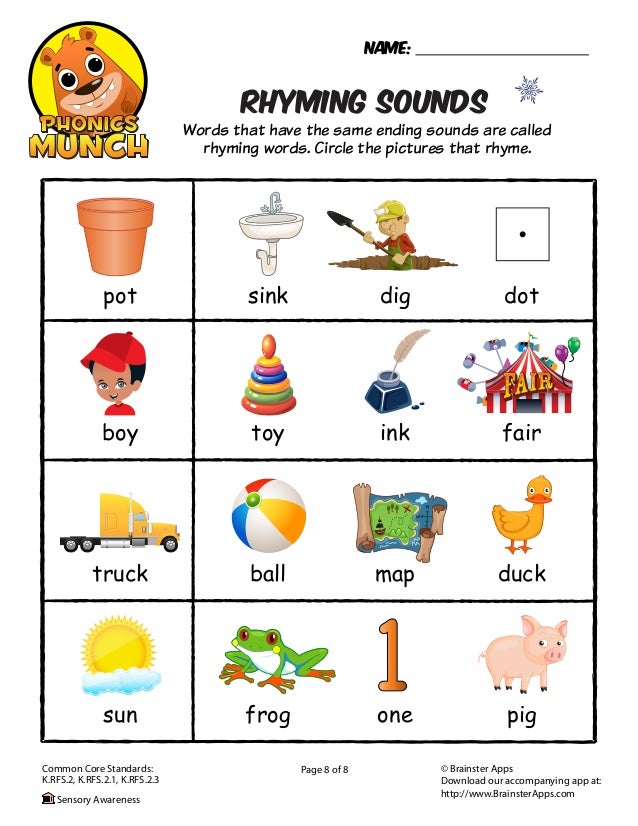 And the last word in the second line of each rhyme was not completed. Find the right rhyme yourself. It's not difficult at all.
And the last word in the second line of each rhyme was not completed. Find the right rhyme yourself. It's not difficult at all.
A friend is behind the fence and looks timidly,
How cleverly a friend is wielding ... (with chalk).
Druzhka is disturbed by one thought
Will they see ... (elephant).
When Mishka gets tired of playing
Let him stand at the gate ...
(mouse).
They searched and searched all morning until
Found a new bowl...
(Druzhka).
Help Dunno compose poetry
OBJECTIVES
• To teach children to distinguish between sound and semantic aspects of speech.
A teacher brings a book by N. Nosov "The Adventure of Dunno".
Teacher. Guys, did you recognize this book? Today I will tell you how Dunno wrote poetry.
... After Dunno did not turn out to be an artist, he decided to become a poet and compose poetry ... Dunno came to the poet Tsvetik and said:
- Listen, Tsvetik, teach me to compose poetry.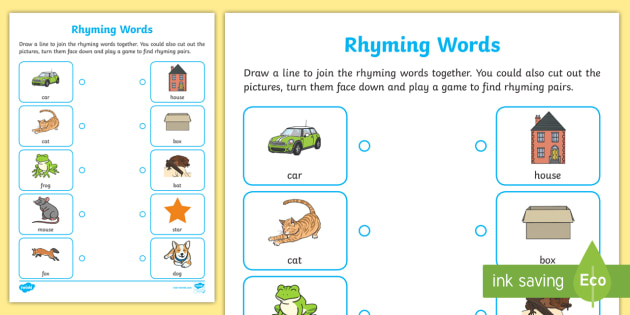 I also want to be a poet.
I also want to be a poet.
- Do you know what a rhyme is?
- Rhyme? No, I do not know.
- Rhyme is when two words end in the same way, - explained Tsvetik. - For example: a duck is a joke, a shortbread is a walrus. Understood?
- Understood.
- Well, say a rhyme for the word "stick".
- Herring, Dunno answered.
Guys, help Dunno.
Game in progress.
Dunno wrote poems all day and finally came up with:
Znayka went for a walk to the river,
Jumped over a sheep.
Hurry was hungry -
I swallowed a cold iron.
Avoska has a sweet cheesecake under his pillow
.
Find rhymes
OBJECTIVES
- To teach children to identify rhyming words from a text by comparing them.
Teacher. Today I will read B. Shergin's story "Rhymes" to you, and your task is to hear rhyming words. Do you agree?
Shish went to the city on his business. It was summer, it was hot.
An uncle rides ahead on a horse.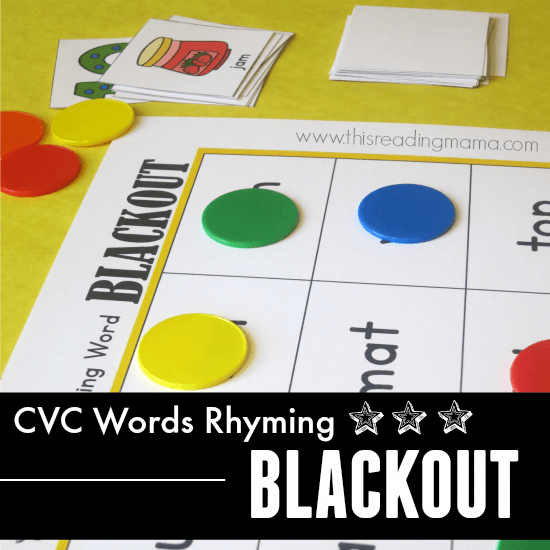 Shish and asked him to give a lift. He sat down next to his uncle. But Shish cannot sit silently. He is only silent when he sleeps. He says:
Shish and asked him to give a lift. He sat down next to his uncle. But Shish cannot sit silently. He is only silent when he sleeps. He says:
- Uncle, let's play rhymes.
- What is it - rhymes?
- And let's say it in such a way that it is smooth.
- Come on.
- Here, uncle, what was your father's name?
- My dad's name was Kuzma.
Shish says:
I'll take your Kuzma
by the beard!
- Why are you going to take my dad by the beard?
Shish says:
- This, uncle, is for rhyme. Tell me what your grandfather's name was.
- My grandfather's name was Ivan.
Shish says:
Your grandfather Ivan
Put the cat in his pocket.
The cat is crying and sobbing,
Your grandfather is scolding.
The uncle got excited:
- Why would my grandfather put a cat in his pocket? Why are you picking up such rubbish?
- This is an uncle, for rhyme.
- I'll tell you a rhyme, what's your name?
- My name is… Fedya.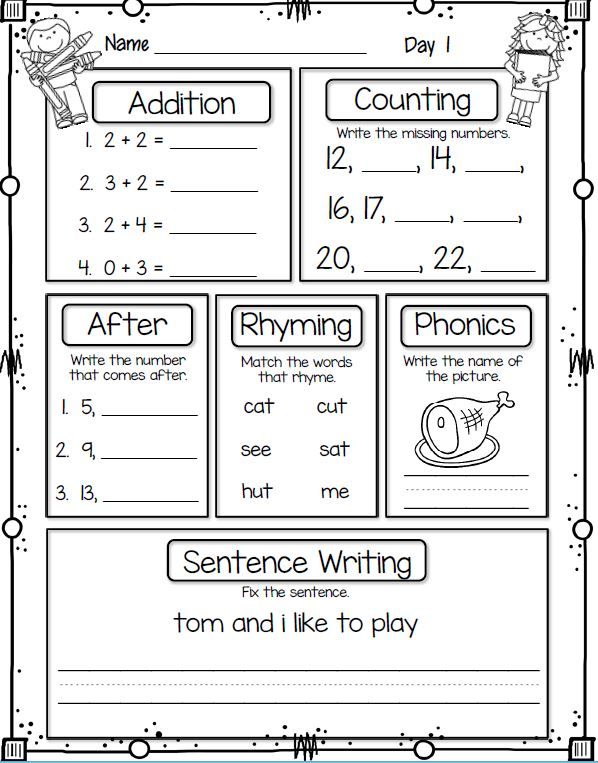

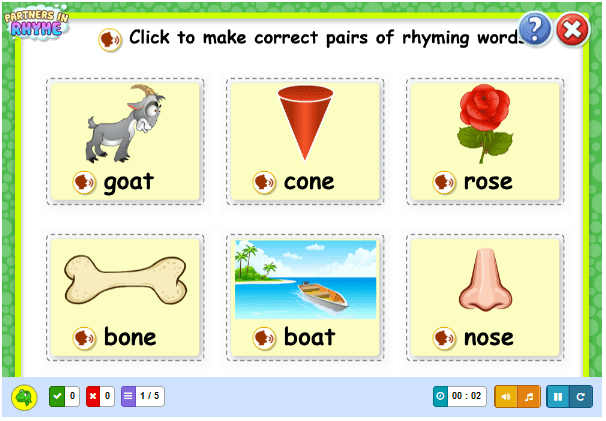 When reading poems with kids, pay attention to rhyming words.
When reading poems with kids, pay attention to rhyming words. 
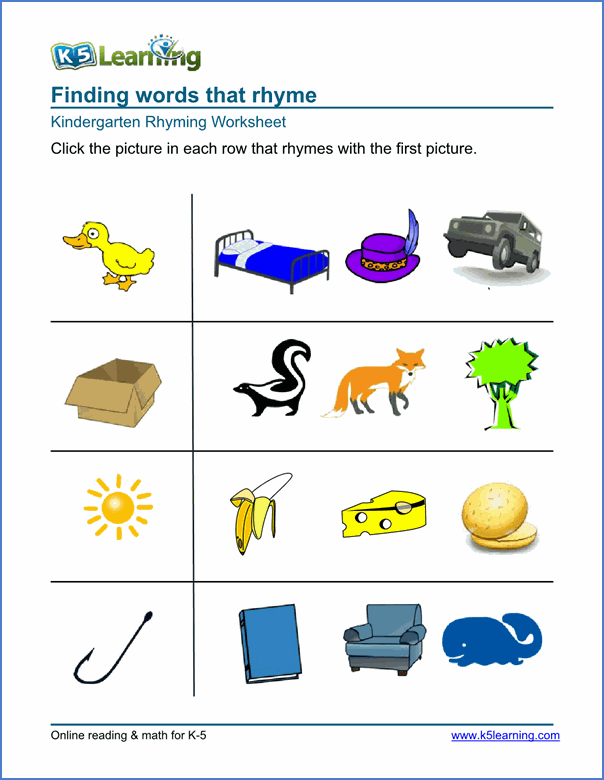 Start with the sun:
Start with the sun: 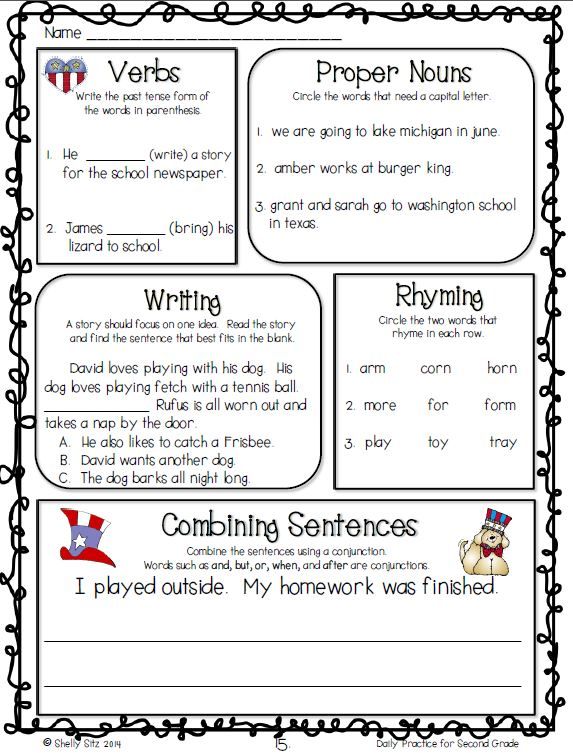 The child needs to finish the couplet in rhyme and draw the guessed part of the face.
The child needs to finish the couplet in rhyme and draw the guessed part of the face. 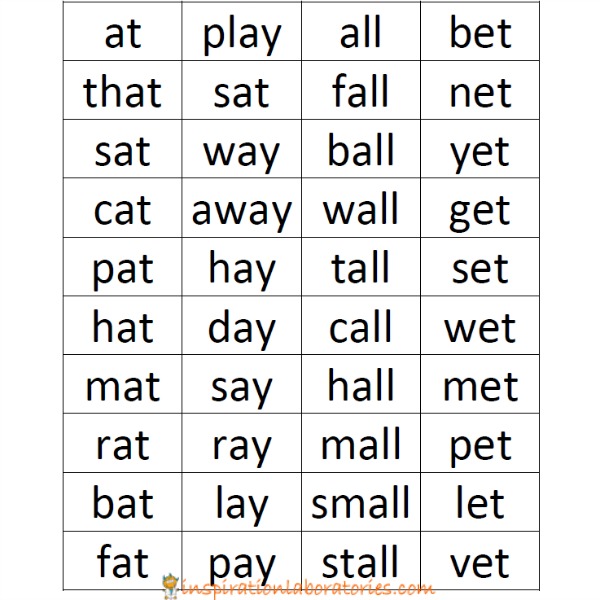
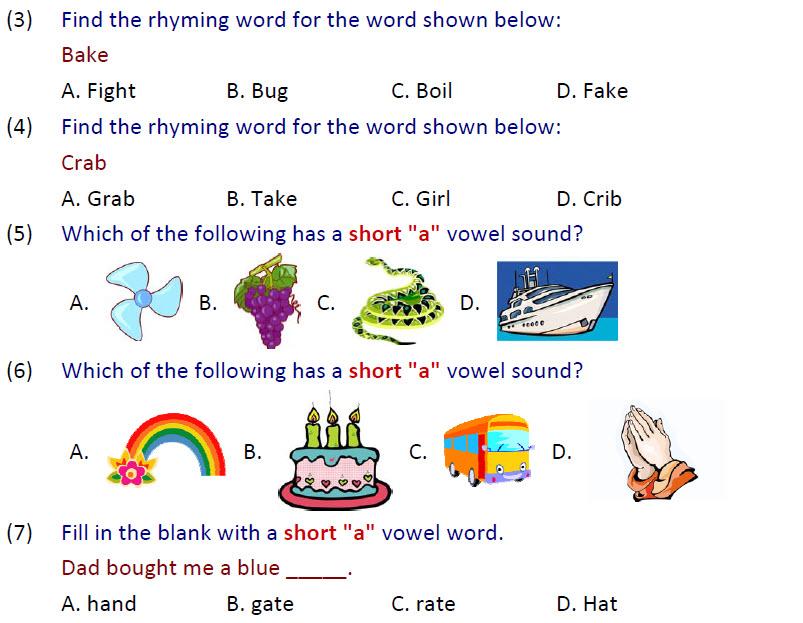 For example, the word "duck" and "joke" rhyme, but the words "white" and "sun" do not.
For example, the word "duck" and "joke" rhyme, but the words "white" and "sun" do not. 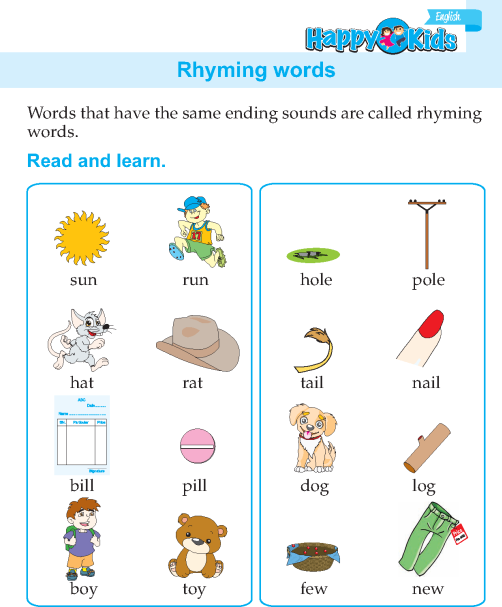
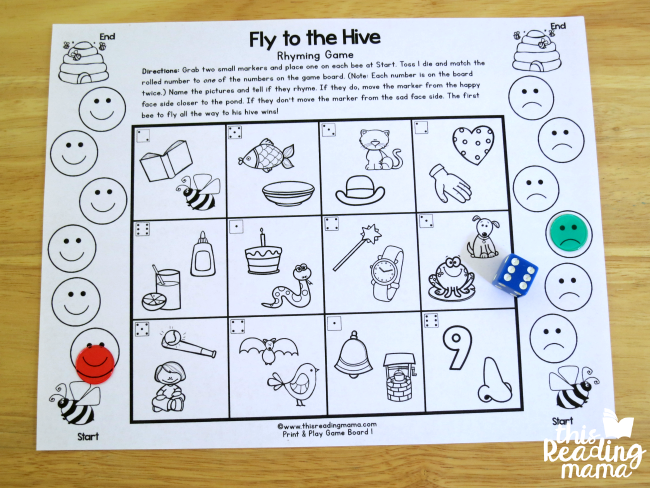 Stick a sticker on each half with the image of an object whose name is easy to rhyme with (for example, if the sticker shows a book, then the words "cone", "bear" can rhyme with it , gingerbread, etc.)
Stick a sticker on each half with the image of an object whose name is easy to rhyme with (for example, if the sticker shows a book, then the words "cone", "bear" can rhyme with it , gingerbread, etc.) 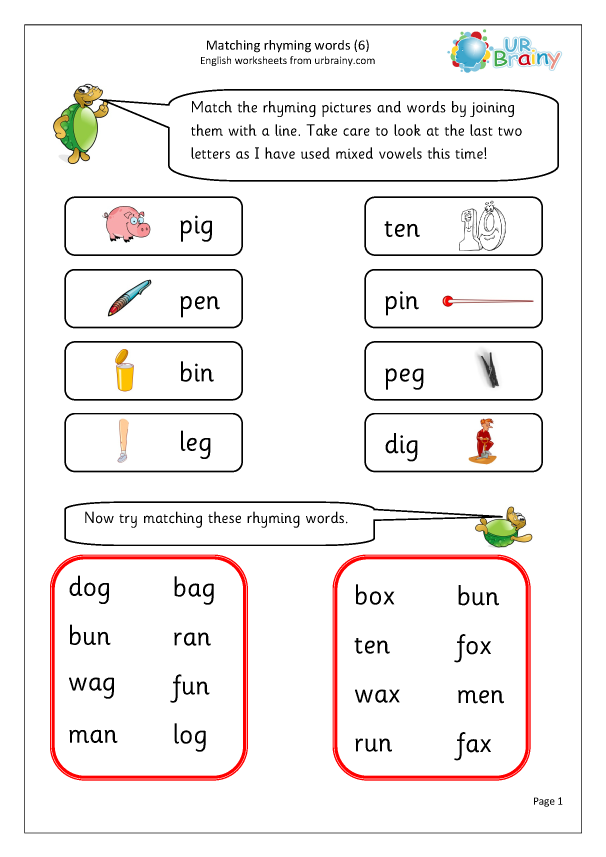
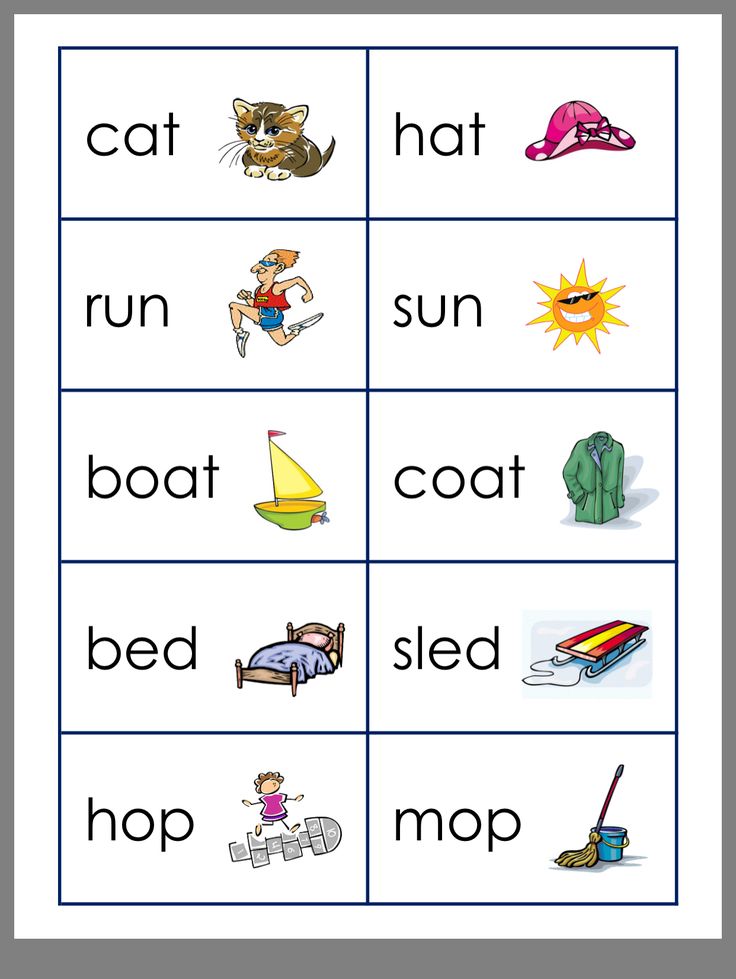 These can be the words "juice", "hair", "throw", "piece".
These can be the words "juice", "hair", "throw", "piece". 